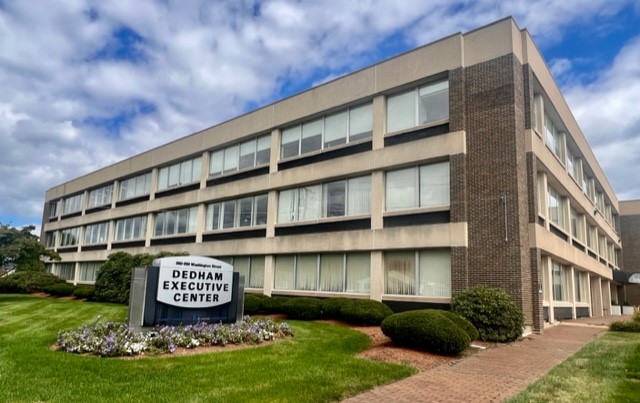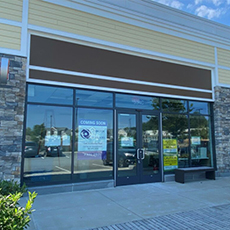Macular Degeneration
Age-related macular degeneration (ARMD) is a progressive disease of the retina that causes blurring of your central vision. The blurring happens because of damage to the macula, a small area at the back of the eye. The macula helps you see the fine detail in things that your eyes are focusing on. Macular degeneration makes it harder to do things that require sharp central vision, like reading, driving, and recognizing faces. It does not affect side vision, so it does not lead to complete blindness.
The disease is thought to be caused by a combination of genetic and environmental factors, and it is most common in people who are aged 60 and over. ARMD is the leading cause of visual impairment in senior citizens. An estimated 15 million people in the United States have it, and approximately two million new cases are diagnosed annually.
There are two types of macular degeneration: wet and dry. The dry form is, by far, the most common type. The wet form is much less common, but it happens more quickly and is more severe.
Dry ARMD accounts for about nine out of 10 cases of macular degeneration. It develops slowly and causes central vision to become dimmer or blurrier over time. It usually does not cause severe vision loss unless it turns into the wet form.
Wet ARMD accounts for only about one out of 10 cases of macular degeneration. It can cause serious vision loss within months or even weeks. People who have the wet form have the dry form first.
You may have either type in just one eye, but over time, you may get it in the other eye too.
If you have the wet form of macular degeneration, you may have one or more of the following treatments:
- Photodynamic therapy.
- Injections of medicine into your eye.
- Laser surgery.
These treatments can’t restore central vision, but they may slow down vision loss. If your doctor recommends photodynamic therapy, injections, or laser surgery, it is important to have it done right away.
No one has found a treatment or cure for the dry form of age-related macular degeneration. Antioxidants may protect against age-related macular degeneration by preventing free radicals or unstable oxygen from damaging the retina. Your Lexington Eye ophthalmologist will direct you in the appropriate course of treatment for your specific needs.
Meet Our Team
The Lexington Eye Associates team is led by board-certified doctors considered to be leaders in the field of ophthalmology. Get to know us.
If you have questions or would like to book an appointment, please call (781) 876-2020 request your consultation.














